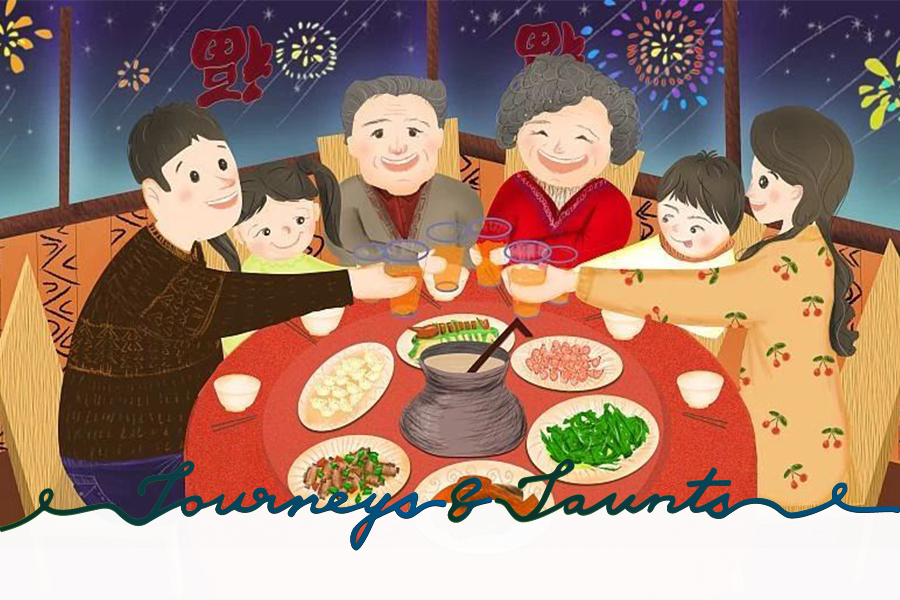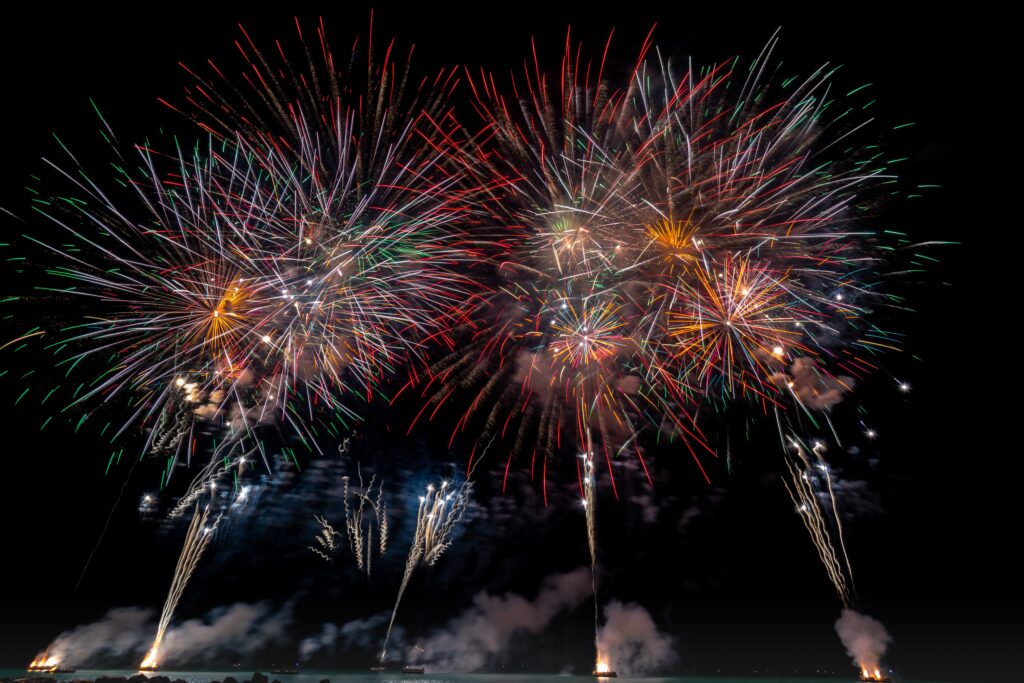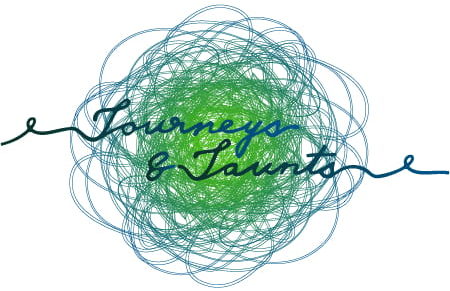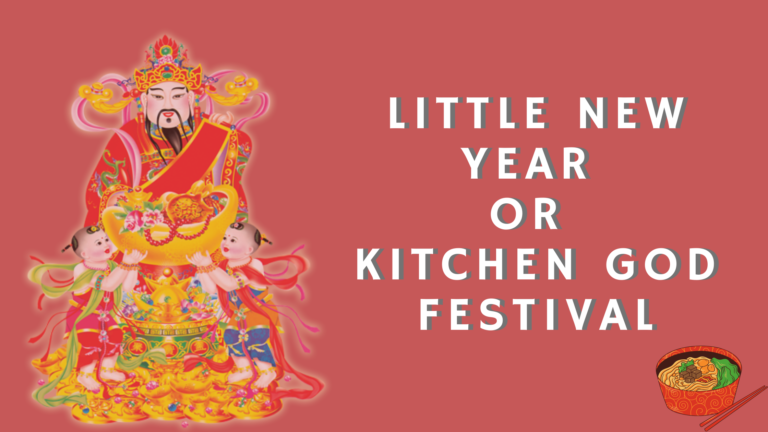The last day of the lunar year 2021 is on January 31st according to the Gregorian calendar. It will be the last day for Chinese people to prepare themselves and their houses for the coming new year – the year of the Water Tiger. New Year’s Eve is considered one of the most important days in the year, because of the reunion dinner where the whole family comes together from different parts of China (or even from other countries). Well – usually. Since the rules and guidelines trying to protect the Chinese public from the pandemic are still alive and well, travel away from one’s place of work and back to one’s hometown is severely discouraged this year. Some provinces have gone so far that they are paying non-locals money if they agree to stay put instead of joining their families in another province. 500 or even 1000 RMB seem to be the going rate to try and convince people to stay at their place of work over Spring Festival.

But, back to what happens on New Year’s Eve. Usually, the table is full of food, and as you probably already well know, food means a lot to the Chinese people. That is why there are special “lucky” dishes for the Reunion Dinner and the other days of the Festival.
Fish, or 鱼 (Yú in pinyin) is pronounced the same as the word for “surplus” and Chinese people like to have it at the end of the year, because they think that in this case, they will have more in the following year. The Chinese believe that fish has to be the last dish left on the table with some of it left over, which means you will have surplus every year. In some areas of the country, people believe that the head and the tail shouldn’t be eaten until the beginning of the new year, which means that the year will start and finish with surplus. There are also some rules about how to serve fish at the table: 1. The head of the fish should be placed towards guests or the elder members of the family as a sign of respect; 2. All family members can start eating fish only after the one who faces the fish’s head eats of it first; 3. The fish should not be moved, because the two people who face its head and tail should drink together as that will bring everyone good luck.

Another typical Spring Festival dish – Spring rolls, or 春卷 (Chūnjuǎn in Pinyin) – gets its name after the festival itself. These rolls of thin pancakes are traditionally eaten in East China and are filled with ingredients such as vegetables, meat, or even something sweet before they are fried until golden-yellow. Eating the Spring rolls during the Spring Festival means to welcome the coming spring and the golden-yellow color symbolizes wealth.
When Chinese people are cooking noodles for the reunion dinner, they never cut them, even if they are too long. Because long noodles mean longevity. So, the longer the noodle – the better 😉
Sweet rice balls, or 汤圆 (tāngyuán in pinyin) are the main food for Lantern Festival (which falls on the 15th day of the new Lunar year) but they are also eaten during the Spring Festival in most Chinese regions. They symbolize reunion and being together with family because of their round shape and pronunciation (and probably the meaning of this dish made it a general favorite during the Spring Festival – unless it is simply because they are super-yummy).
That is also the reason why Chinese people like to eat oranges, tangerines and pomelos during the Chinese New Year. These fruits have a round shape and their yellow-orange (“golden”) colors symbolize fullness and wealth. Also, orange or tangerine is pronounced like 橙 (or chéng), which sounds the same as “success” (成). The Chinese name for pomelo is 柚 (yòu in Pinyin) which sounds nearly like “to have” (有 yǒu) and exactly like “again” (又 yòu). According to a Chinese saying: “The more you eat, the more wealth it will bring”. As a self-professed foodie, I can definitely get behind this philosophy!

Another dish you might remember from the overview article about Chinese New Year, is glutinous rice cake, or 年糕 (Niángāo in Pinyin), which means “getting higher year by year”. Chinese people understand this to mean having success in business or getting a promotion.
Last but not the least a “must-have” during the Spring Festival (especially here, in the Northeast) are dumplings – 饺子 (Jiǎozi in pinyin). Some families eat them during the reunion dinner but, traditionally, they should make them after the dinner and consume them around midnight. They symbolize wealth because the dumplings look like Chinese silver or gold ingots. And here the Chinese also say (as was the case for the pomelo) – the more dumplings you eat during the New Year celebrations, the more money you can make during the subsequent year. The filling can vary, as each family has their own traditions about what they like to prepare, and there are also regional differences. But one filling that is conspicuously absent is Chinese sauerkraut, or 酸菜 (suāncài in pinyin) in dumplings because it symbolizes a poor and difficult future. Sometimes, families hide a coin inside one of the dumplings. He or she who finds it will be showered with good luck.

There are a lot of other “foods with meaning” which are usually on a Chinese festival table. If you are interested in those culinary traditions, there is a whole list here: http://www.nationsonline.org/oneworld/Chinese_Customs/food_symbolism.htm
Nowadays, many Chinese families will not have this dinner at home, they prefer to go to a restaurant instead as many restaurants are open for New Year’s Eve celebrations. That is a good choice for those who want to have a good dinner but do not have time (or the inclination, or the talent) to cook.
At midnight, as soon as the clock strikes twelve, the fireworks and firecrackers start to go off. If those are still allowed. In recent years, more and more places across the country have banned the lighting of fireworks and firecrackers for safety reasons. But traditionally, people have always used them during the entire length of the festival, as they believe that the noise and light will scare off bad spirits. Traditionally, the Chinese set off one string of small firecrackers first, followed by three big firecrackers, which “sound out” the old year and “sound in” the new year.

Also, some Chinese families go to the local temple after the dinner to pray for all good things in the coming year and stay there until the first firecrackers are set off.
As we are talking about Chinese New Year, there are (you might have guessed it already) some taboos which people try to avoid during the reunion dinner and the following days of the festival. Some people believe that: 1. if they wash their hair on the first three days of the new year, they will wash away the good luck; 2. a cry of a child brings a bad luck to all family members; 3. you must not deal with money (no loans or borrowing from friends!) because it is believed that this way, the money will get away from you.
Chinese culture is so interesting for foreigners because of the countless symbols and meanings. Try to remember them all to get the maximum amount of luck for the next lunar year. Especially you tigers out there – you will need all the good luck you can get to get through “your” year unscathed!




